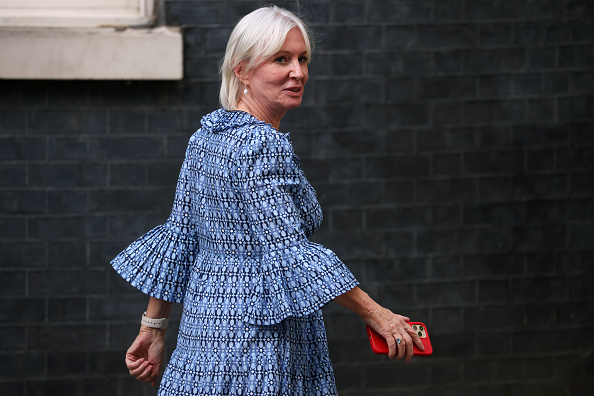Online safety rules for tech firms must encourage – not restrict – future growth

Making ends meet will be a challenge for everyone and will be weighing heavily on the minds of families, businesses and policymakers right now. Immediate help must be the priority. But as the UK enters a period of stagflation those charged with the stewardship of the UK economy must also take a long-term view delivering sustainable growth. This is the only way we can stabilise the economy, promote productivity and raise living standards.
To do so, we must fix the foundations for growth. We need smarter taxation to unlock investment, a workforce fit for the future, catalytic public investment, and – crucially – reforming regulation in favour of investment and innovation.
The UK has a strong, proven track record in this area – just consider the extraordinary achievements of the Medicines and Healthcare products Regulatory Agency (MHRA). Engagement with industry alongside a rigorous, risk-based approach made it possible. Game-changing, life-saving, innovation was delivered at pace.
Cue the Online Safety Bill.
This autumn, parliament will be taking the enormous responsibility of setting the regulatory guardrails to help keep people – particularly those most vulnerable – safe online. Businesses wholeheartedly back the ambition of the Online Safety Bill, and are alive to the role they need to play.
Last year, global technology companies reported more than 29 million suspected cases of child sexual abuse material on their platforms to law enforcers and they are investing in new technology to quicken their ability to identify and remove harmful content. Yet there is recognition, given the scale and severity of the challenge, that new legislation can both clarify definitions of harm and clearly set out expectations and responsibilities to help keep people safe online.
The Online Safety Bill has the potential to impact more than 25,000 organisations, across all sectors of the economy including technology, travel, SMEs and retailers hosting online forums, within the UK’s digital economy worth $1tn. Tech roles now make up 14 per cent of all job opportunities in the UK. So, while protecting the vulnerable from harm is paramount, we’re all too aware of the importance of a strong economy for a healthy society. New regulation must be carefully crafted to achieve the twin ambitions of online safety and promoting UK growth and innovation in the long term.
Presently, the proposed laws risk creating uncertainty and deterring investment, by failing to provide much-needed clarity.
In order to be successful, new rules must clearly define which services and firms are within scope, what content is considered harmful and justifies action. First, tighter and proportionate definitions of harm are needed to ensure services with low risk or reach don’t face disproportionate compliance burdens. Lack of specificity also increases barriers to entry for smaller businesses, which could have a chilling effect on the UK’s digital economy.
Thresholds for removing online content must be unambiguous, to avoid overzealous removal of online material. Firms should not be required to proactively monitor all content online; this is not proportionate, feasible or desirable from a privacy perspective. Otherwise, firms run the risk of overcompensating, potentially infringing individuals’ freedom of expression and lived experiences of the most vulnerable.
Imagine a scenario when a user recounts a traumatic experience, but the algorithm is unable to determine the context, thus removing content not intended to cause harm but to raise awareness in the public interest.
Third, the government and Ofcom, the media regulator, can help businesses by establishing a phased implementation plan looking at the highest risks and harms first; for example, by defining priorities to support companies adapting to new rules.
Get it right, and the Online Safety Bill can make the UK a global leader – not an outlier – on digital security while supporting economic growth.
The government has an opportunity to create pro-innovation, pro-investment and therefore pro-growth worldwide industry standards on how to improve online safety. The business community will embrace technically feasible, proportionate and future-focussed regulation.
Our plea to whomever is responsible in the next government is to work with industry to get the details right so users, society and the economy can benefit.
